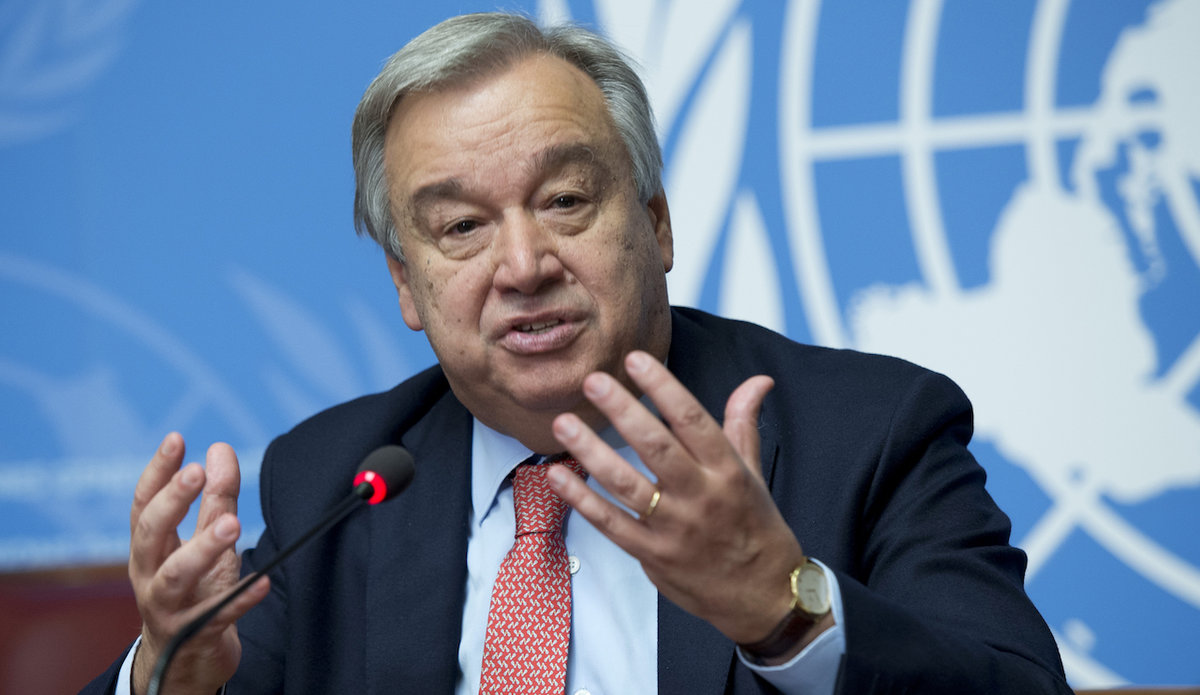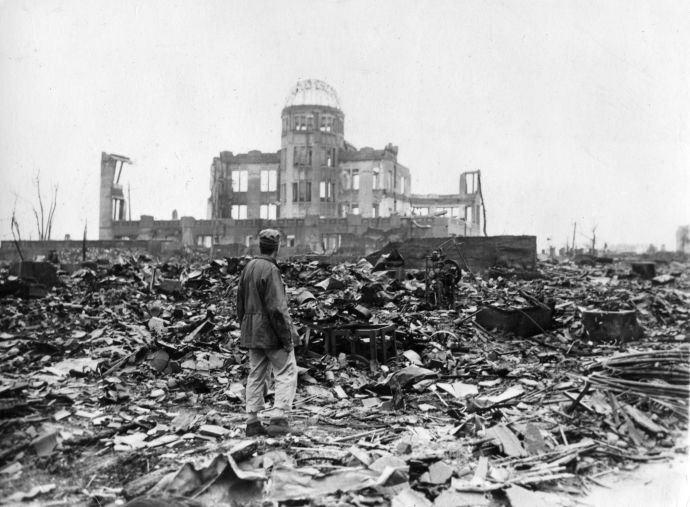- The survivors of Hiroshima, also known as hibakusha, have lived their lives giving evidence of the sorrow, loss, and destruction they had to endure. Their constant message was never again. And today, that message is no longer an observation from history. It is a reality.
As the world commemorates the 80th anniversary of the Hiroshima atomic bombing, it once again considers one of the most sinister periods in human history.
Tens of thousands were immediately killed on August 6, 1945, and countless others perished in the following days, weeks, and months as a result of injury, radiation, and a lifetime of trauma.
The unthinkably destructive power of one bomb recreated not just warfare, but diplomacy and man's common conscience as well. Hiroshima became an ongoing reminder of the horrific cost of atomic bombs.
In quiet remembrance, the United Nations (UN) Secretary-General António Guterres highlights the importance of memory in building a future free from war.
"Remembering the past is about protecting and building peace today and in the future." António said.
In his passionate appeal, Guterres calls for ending nuclear weapons altogether. “Let’s work to eradicate the threat of nuclear weapons by eradicating the weapons themselves,” Guterres urges.

His statement rings like a plea especially at a time when the threat of nuclear war is again in the world's lexicon. The war in Ukraine has returned nuclear talk like it was during the Cold War.
Following the onset of the armed conflict involving Russia and Ukraine in February 2022, the Russian government has issued statements affirming its intention to defend what it regards as its sovereign territory.
These statements have included references to the possible use of a wide range of defense capabilities. This stance encompasses regions that remain under dispute in the context of the ongoing crisis.
These threats break the decades-long taboo regarding the threat of nuclear language use during war. They rattle world stability and bring the horror of nuclear escalation frighteningly within reach.
The survivors of Hiroshima, also known as hibakusha, have lived their lives giving evidence of the sorrow, loss, and destruction they had to endure. Their constant message was never again. And today, that message is no longer an observation from history. It is a reality.
Apart from war, the crisis also has spurred fears of a new nuclear arms race. While the defence strategy is being re-examined, some nations are choosing to bolster or expand nuclear weapons rather than abolish them, undermining decades of hard-won achievement and emasculating our shared global security.
When we remember Hiroshima, we owe the dead more than a memorial. We owe a fight for the living. As threats and war mount, let the memory of Hiroshima not be lost to silence—but become a deafening cry to rid the face of the earth of all nuclear weapons, once and for all.




-1772090413-1772095461-md.jpg)
-1772094026-md.jpg)


-1772090413-1772095461-sm.jpg)
-1772094026-sm.jpg)